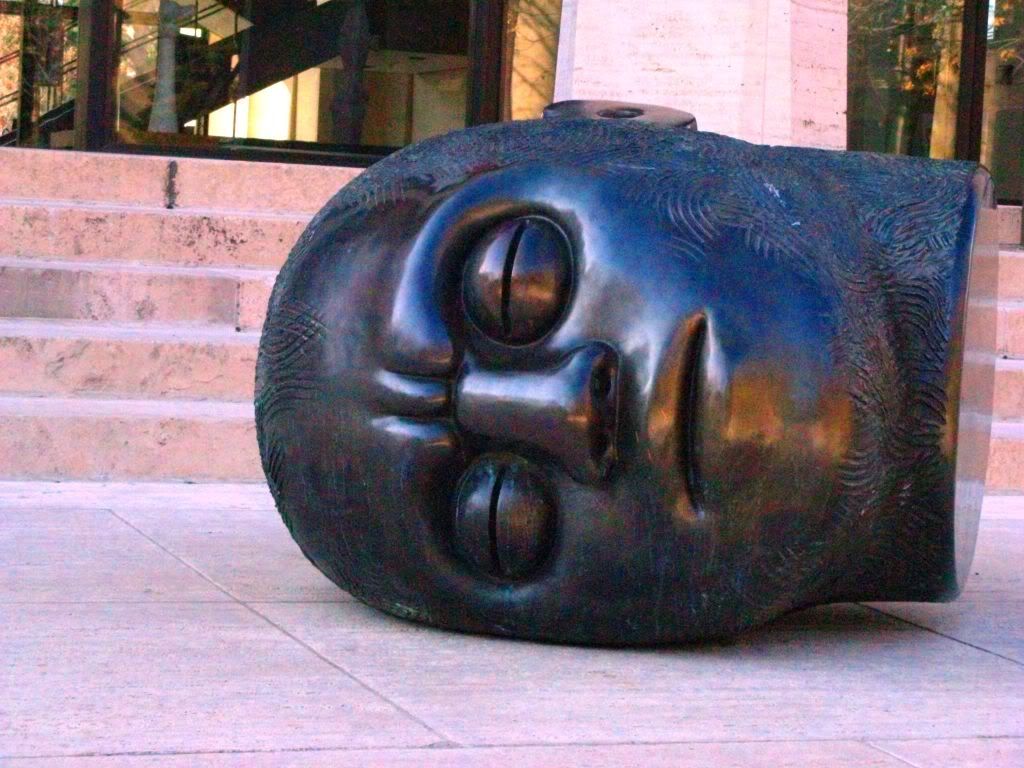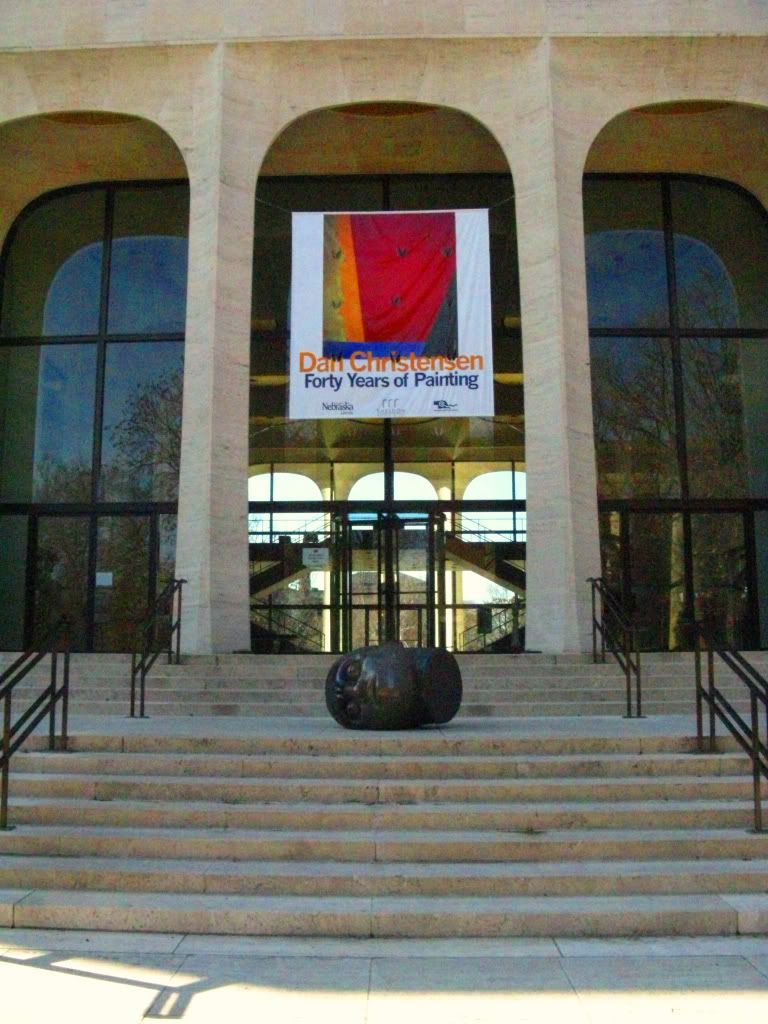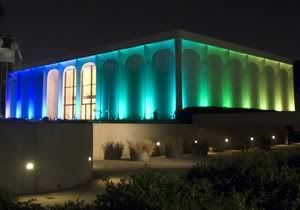This project was by far the most fun for me. It combines two of my greatest loves—writing in a formal, old-fashioned style, and acting. I have very little experience in writing in “Old English,” but I have read many books in the style, and enjoy speaking it when the opportunity presents itself. I enjoyed going “all out” on this project, writing and speaking in a way Americans are not used to.
I did not make very many revisions between the rough draft and final draft. This was mainly because I had done a good deal of prep work before I wrote the rough draft, so I knew what I wanted to do with the letter. I was actually quite happy with my rough draft. The biggest change I made was the manner of death at the end. In the rough draft, I intended for the speaker to be hung (presumably by the British), but instead chose to have him commit suicide before capture. The main reason I did this was ease of acting. It is much easier to lie dead on the ground for two minutes than pretend to be hung for two minutes.
The second biggest change I made was to the sentence, “My people didst not suspect Arnold of his betrayal, but betrayed he did.” This was extremely awkward, both to say and read. I changed it to make my meaning more clear. The other changes I made were mainly fixing typos or adding a few words in to make the paper flow better. I will thus spend the rest of the Author’s Note defending my choices, because they are not exactly usual for this kind of assignment.
As I said in my writer’s statement, I decided to write the letter in old English because it is the most noble and beautiful form of language still understood by modern speakers. Fallen Dreamer is a statement of the beauty of dreams, and a reflection of the nobility of those who would die (or at least be misunderstood) for their dreams. It only makes sense for the language of the letter to reflect that nobility.
I decided for the writer (i.e. me) to be a soldier on the Colonial side of the Revolutionary War because my audience is made up of people from the United States. In the American culture, as in every nation which was created by revolution, we see the revolutionaries as the greatest heroes in our nation’s history. To us, they are the greatest fallen dreamers there are. Thus, I decided to put the speaker into that context. While I was writing in the context of the Revolutionary War, I also worked in as many arguments as possible about placement, structure, etc.
Finally, I chose to keep the anonymity of the speaker in order to bring out the universalism in Fallen Dreamer. The vagueness of the title was certainly intentional, and I wanted to keep that vagueness intact through my letter. In other words, I wanted to allow the audience to transpose their own thoughts onto my letter and Fallen Dreamer.
Rough Draft
Purpose Statement
Final Draft:

A letter to the Fallen Dreamer,
Written in the Year of Our Lord seventeen hundred and seventy six.
A fallen dreamer men say thou art. I wonder, what dist thou dream? Didst thou make grand proclamations before the people? Were’t thou like the great Patrick Henry, stirring men to oppose tyrants? Didst thou live to see thy dreams come to pass? Or, like many poor wretches in these times, didst thou die before thy dreams came to pass?
Oh dreamer, I write to thee on this darkest of days. This land has not yet been free for eighty days and already we are failing. It was only two months ago when we rejoiced at the news. We had declared independence! Now our dreams would be fulfilled. But oh, dreamer, with thee we may fall.

I see thou are’t a man of the heathen southern lands, one of the races subjugated by the conquistadors. I wonder, were’t thou a philosopher of thine people? How can I, a man of so little wit, understand thy lofty thoughts? Did thou understand mysteries that would have confounded Plato and Aristotle? Did thou understand the purpose of this life? Did thou grasp the reason for sudden tyranny? Tell, me fallen dreamer, for I must know! Were’t thou struck down for defying these heathen land’s laws? For, surely, I too shall soon be struck down. Were’t thou countrymen enraged by thine discoveries? Oh, fallen dreamer, how I wish to discover the answers! For I too am to be struck down by my countrymen! I too have defied my king and rebelled against him! I too shall suffer the fate of those who dream of a better future.
Or perhaps thou were’t not a rebel, but a monster. Could it be that thou were as Benedict Arnold. Did thou dream of the destruction of your people? Perhaps thou hast betrayed your people. Perhaps this monument is not a celebration, but a warning. Could it be, oh dreamer? Could thou be capable of such things? My people didst not suspect Arnold of his betrayal, but betray us he did. His dastardly schemes almost undid all that we have done. For surely if Westpoint had fallen our young nation would have died with it. Could it be that thou were such a man? Would you have turned on your own countrymen in their greatest hour of need?
No. You could not have been such a monster. You could not have tried to destroy your people. Such a noble monument could only be for a noble man. But, whatever thou hast done, here thy bronzen head lies. Tell me, what became of thine body? Dost it lie in a tomb in some distant land? Or was it destroyed when they cut thee down? Surely it dost not matter, for the body is but a shell. The mind, the spirit, is the essence of thine body. Thine thought come not from thy body, but from thine head. Oh what noble thoughts those must have been! For only a great dreamer could have died such a noble death. Yet, without thy body, thy head lies here useless. For a head without a body is like an arm without feeling. It is dead, and good only for the fire.
So here thy head lies, here on this most unceremonious of land. Thou art the gatekeeper of all that lies inside. Thou, oh fallen dreamer, speak silent remembrance to all
 the dreamers in this most hallowed of buildings. You stand guard over all the fallen dreamers in this sanctuary. Inside these great walls of glass and stone are the remnants of hundreds of fallen dreamers. And yet, even In death, even as thy lay among thine peers, thou art mocked. Children desecrate thy memory and their parents point and laugh. Other simply ignore thee. They pass by through the doors of glass without a glance toward thy noble head. Thou must suffer this indignity in silence, as thou hast always done.
the dreamers in this most hallowed of buildings. You stand guard over all the fallen dreamers in this sanctuary. Inside these great walls of glass and stone are the remnants of hundreds of fallen dreamers. And yet, even In death, even as thy lay among thine peers, thou art mocked. Children desecrate thy memory and their parents point and laugh. Other simply ignore thee. They pass by through the doors of glass without a glance toward thy noble head. Thou must suffer this indignity in silence, as thou hast always done.Oh cruel word! Dost thou care that this dreamer hast died? Dost thou understand that his dreams have come to naught? No! For you cannot. You cannot know what a dreamer is. For you kill the dreamers. You are indeed the children of those who killed the prophets of old. There was not one whom your fathers did not persecute. You have the blood of so many dreamers on your hands. I have seen the dreams of many young men smashed by thy cold, cruel steel. As the lead pierces their bodies, thy injustice pierces my soul. You demand that men sacrifice their dreams for your twisted conformity. You ask for what man cannot give—you demand the very thing that makes them men. You require men to sell their souls.
So, oh fallen dreamer, what then for me? For my dreams too are great. I fight for the freedom for my people. Even today I defied my king in the service of my God and my country. I can here them coming for me; I cannot hide. Oh dreamer, shall I too be forced to choose between my life and my dreams? Shall I be made to sacrifice what you have sacrificed? Even now I see the gibbet upon which I shall be hanged if I do not swear allegiance to the tyrant. Shall I abandon all that I hold dear to escape the gallows? No. For if I must choose between life and my dreams, I shall choose death.
Oh world, thou may kill me. I do not recant my dreams and hopes. I would rather die a dreamer and a martyr than to live a coward. I will not die upon thy altar. I shall choose to take my own life. My only regret is that I have but one life to die for my country.
Oh dreamer, I, like thee, shall choose to die.